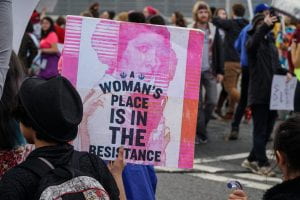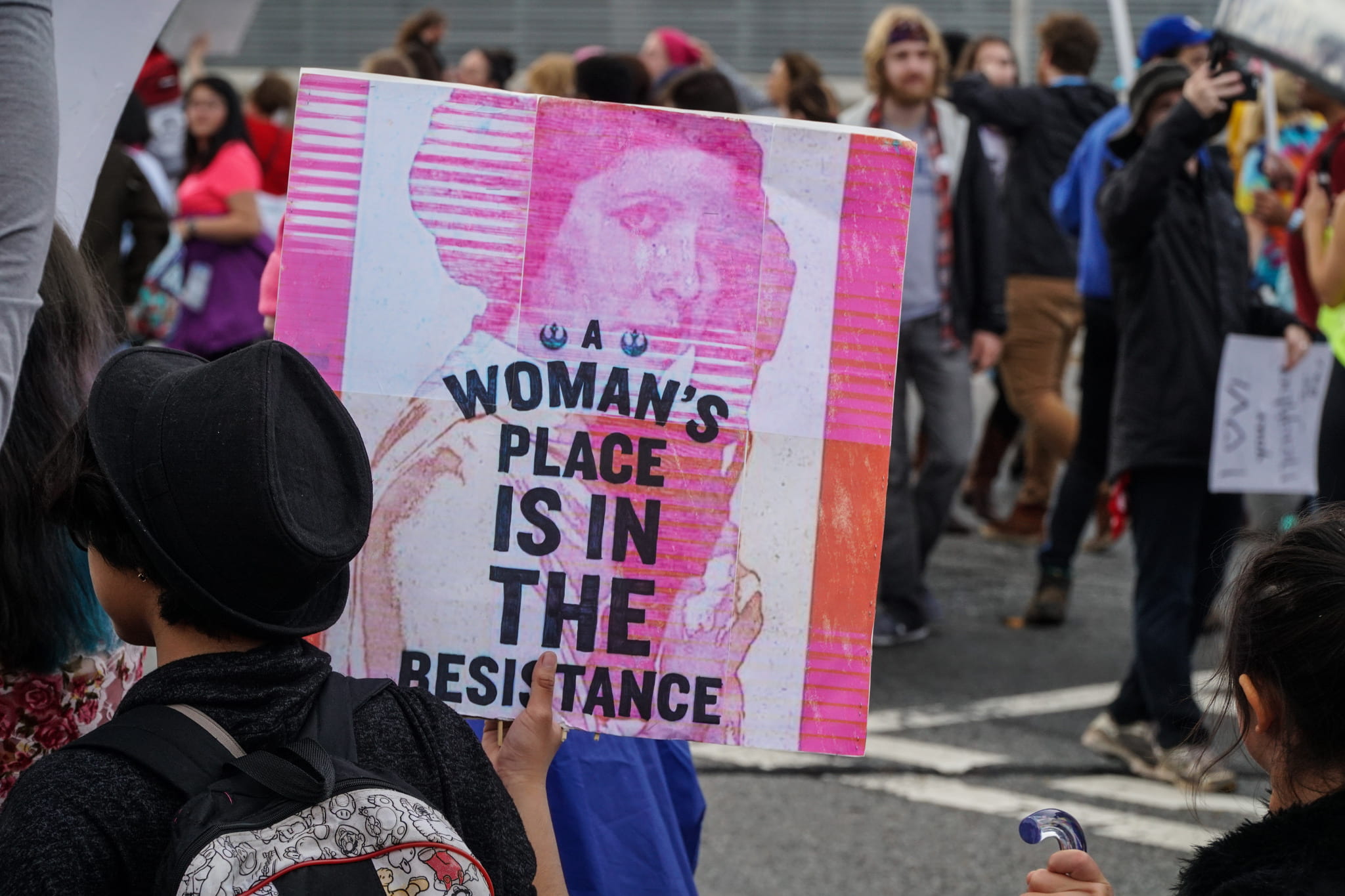
The promotion and focus on public health is in some sense evolutionary. As our world continues to globalize, a byproduct is the development and discovery of new technology and information that aid in the improvement of a nation’s health care system. Public health development relies on the accessibility of an efficient and feasible health care system that provides a range from prevention services, like vaccinations and screenings, and treatment services. Therefore, a lack of access to healthcare services and facilities could result in increased illness, disability, and death. Many people do not have access to reliable healthcare, for a variety of reasons, including poverty and high cost of insurance, raising the question of whether or not healthcare can remain simply public health concern, or if it is both a public health and human rights issue. The answer ultimately depends upon the implementation and exercise of a nation’s law.
The international community, through various declarations, recognizes the right to healthcare as a fundamental and universal right for every human being. Article 25 of the United Declaration of Human Rights (UDHR) states that “everyone has the right to medical care and necessary social services, and the right to security in the event of unemployment, sickness, disability, widowhood, and old age.” The social, cultural, and economic rights enshrined in the 1952 UDHR coalesced into legally binding responsibilities with the adoption of International Covenant on Economic, Social and Cultural Rights (ICESCR) in 1966. Article 12 of the ICESCR directly addresses health care stating, “the States Parties to the present Covenant recognize the right of everyone to the enjoyment of the highest attainable standard of physical and mental health. The full realization of this right shall include: The prevention, treatment and control of epidemic, endemic, occupational and other diseases; and the creation of conditions which would assure to all medical service and medical attention in the event of sickness.” Both of documents thoroughly defend our rights to healthcare. In this blog, I will argue that all individuals have a right to healthcare without discrimination based on desired services.
According to the UDHR and ICESCR, every individual has a right to health care. Unfortunately, the access to healthcare, for women, is often discriminatory and limited. Males and females are biologically different and require dissimilar healthcare services, particularly different preventative screenings and reproductive health necessities, throughout different stages of life. That being said, one statement that really caught my eye during 2017’s presidency election is the possible defunding of Planned Parenthood.
Planned Parenthood (PP) is a non-government organization that provides crucial reproductive health care, sex education, and information to millions of women, men, and young individuals globally. 2.5 million women and men in the United States annually visit Planned Parenthood, and an estimated one in five women in the U.S. has visited a Planned Parenthood health center at least once in her life. Annually, this organization provides 270,000 Pap tests, more than 360,000 breast exams, more than 4.2 million tests and treatments for sexually transmitted infections, and lastly provides educational programs to 1.5 million young adults annually. Consequently, the reason why PP gets funded by the government is because PP provides free services such as pap tests, breast cancer screenings without any co-pay, thus the government is basically reimbursing the organization. From a public health perspective, PP is essential in maintaining and promoting population health due to preventative screening measures, controlling sexually transmitted infections (STI), and educating the community on positive and healthy behavior change.

The most controversial service offered by PP is pregnancy contraceptives and abortions. Overall, 80% of PP patients receive services to prevent unintended pregnancy, yet only 3% of PP healthcare services are abortion services. Abortions are controversial, yet regardless of what your personal views on abortion, PP helps millions of people and the general public stay healthy. In fact, in 2015 PP detected breast cancer in 71, 717 women and treated 171, 882 for STI’s, and without these prevention services, rates of cancer, and the spread of STI’s will increase.
Given that women make up more than half of the US population, is it truly just of the government to defund Planned Parenthood just because it provides abortions? The answer is technically no. The laws governing Medicaid prevent states from excluding certain providers solely because of other medical services they provide, like abortions. Specifically, the Freedom of Choice Act which states it is the policy of the United States that every woman has the fundamental right to choose to bear a child, to terminate a pregnancy prior to fetal viability, or to terminate a pregnancy after fetal viability when necessary to protect the life or health of the woman. The act also prohibits the interference of “discriminate against the exercise of the rights set forth in paragraph (1) in the regulation or provision of benefits, facilities, services, or information.” Defunding Planned Parenthood because the organization provide abortion services is technically illegal and defies the act. Another document that supports women rights to family planning health care services in the Convention on the Elimination of all Forms of Discrimination against Women (CEDAW). According to Article 12 in the Convention on the Elimination of all Forms of Discrimination against Women, State Parties will ensure women have equal access to health care services, including those related to family planning. In modern times, family planning includes services such as contraceptives like birth control and abortions, and according to CEDAW, access to these services are women rights.
As of right now, there is no alternative health care system or health care facilities in place to provide care for people covered by Planned Parenthood. According to the Congressional Budget Office, if Planned Parenthood were to be defunded, there would be increased direct spending for Medicaid by $20 million in 2016, by $130 million in 2017, and by $650 million over the 2016-2025 period. Also, as little as 5% or as much as 25% of the projected 2.5 million patients aided by Planned Parenthood would face reduced access to care. Ultimately, the Constitution of the United States establishes the government’s responsibility to promote general welfare. The potential lack of access to health care due to defunding Planned Parenthood means a failure to provide basic human rights for women, but also a failure to promote general welfare.
Americans need a health care system that works for all patients and providers. This is a turning point for the women in our nation. Many women are worried we are going back in time. The Women’s March on Washington showed the passion, respect, and trust American women have for their rights, their need for government support, and the gravity of the issue around the world. The Women’s March started in Washington, but inspired women all over the world to march for women rights in their own country, and demand their governments recognize women rights are human rights. Just like the thousands of men and women who marched in Washington and all over the world, don’t forget that the US government works for the people, and we need to start learning how to engage in our democracy to ensure our voices our heard. The Unites States of America is the only developed country who doesn’t offer health care to all citizens, and it is time for a change.

